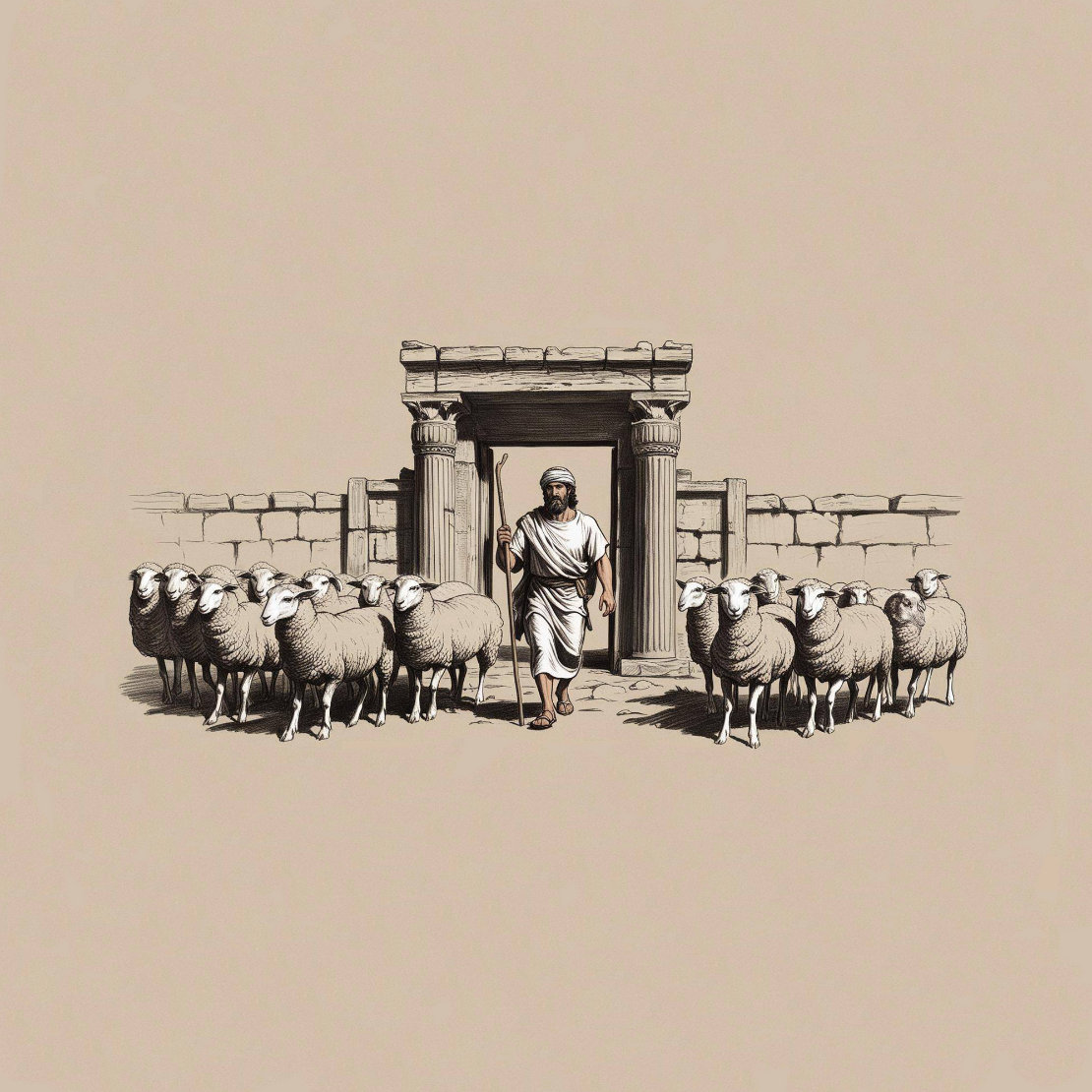Psalm 100/Home: Difference between revisions
m (Elizabeth.Robar moved page Psalm 100 Home to Psalm 100 Home) |
William.Chan (talk | contribs) m (Text replacement - "{{NavigationButton}}" to "{{NavigationBar}}") |
||
| Line 1: | Line 1: | ||
{{#set: Banner Image|Psalm 100 banner image.jpg}} | {{#set: Banner Image|Psalm 100 banner image.jpg}} | ||
{{#tweekihide:sidebar-right}} <!-- no sidebar will change dimensions --> | {{#tweekihide:sidebar-right}} <!-- no sidebar will change dimensions --> | ||
{{ | {{NavigationBar}} | ||
{{Psalm/BannerHome | {{Psalm/BannerHome | ||
|Title= His Joyful Flock | |Title= His Joyful Flock | ||
Latest revision as of 13:25, 6 June 2025
Ps 100 opens with the Hebrew words mizmor le todah. Mizmor - a psalm, le - for, todah…
Toda (תוֹדָה) is the word for thanksgiving, for giving thanks. So we could say that Ps 100 is a psalm for… thanksgiving.
But toda could also have a specific meaning, referring to an ancient Israelite sacrifice known as the toda, the thank offering, where animals were sacrificed to give thanks to YHWH. So Ps 100 could also be a “psalm for… a thank offering.”
Now these thank offerings were usually offered as part of a joyful ceremony, a thanksgiving celebration, with songs and rituals and a big celebration…
Based on this, we might then say that Ps 100 is a psalm for… a thanksgiving celebration…
All three meanings are present, and together they take us to ancient Jerusalem, to the Israelite temple, where a great crowd of people and priests, and maybe also a king, would be gathered outside the gates, for a thanksgiving celebration, with a thank offering, and hearts full of thanksgiving.
מִזְמוֹר לְתוֹדָה
A psalm for thanksgiving / a thank offering / a thanksgiving ceremony.
verse 1






